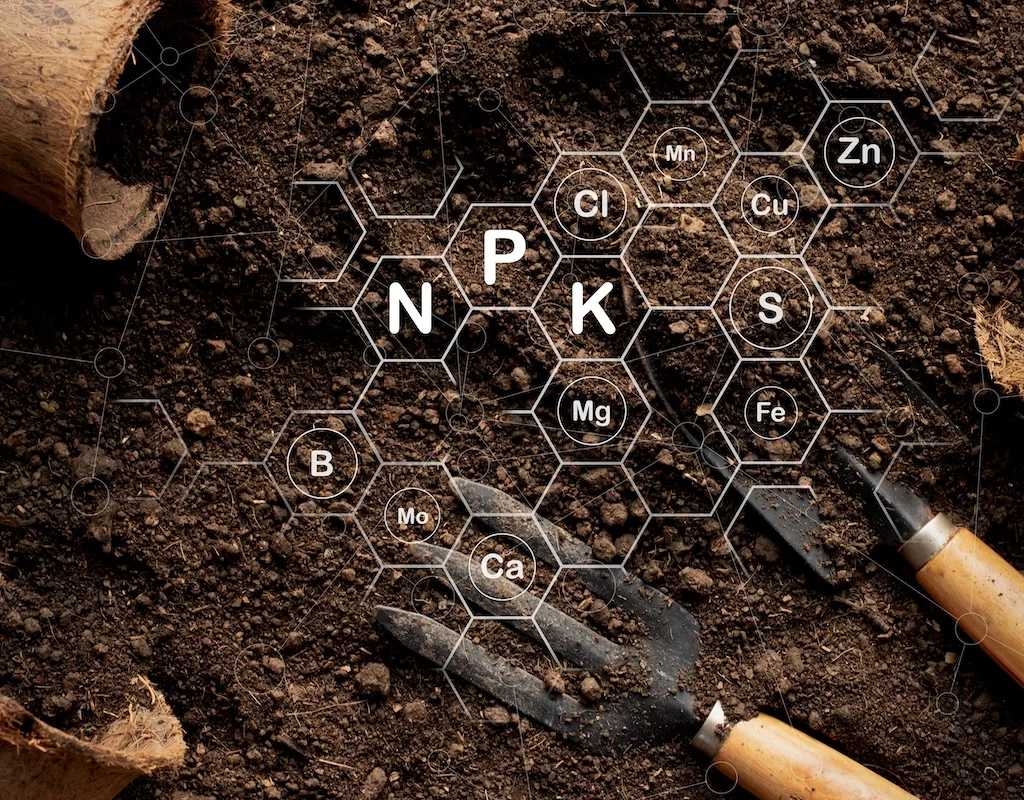As Europe navigates the path towards a more sustainable future, exploring the realm of circular economy becomes increasingly pivotal. In this endeavor, European financing is becoming increasingly crucial, with the European Investment Bank (EIB) at the forefront, offering financing and resources to drive circularity initiatives forward.
This definitely creates exciting prospects for replicating P2GreeN pilots. Let’s explore these opportunities to understand key European priorities and available options more clearly.
European strategy for circularity
In 2020, the European Commission adopted the Strategic Circular Economy Plan (CEAP) as an integral and crucial part of the European strategy for sustainable growth. The Plan, which includes the adoption of legislative instruments and soft-law measures, has applicable measures to revolutionise the whole life cycle of products and services in a circular direction. The fundamental concept is to promote, guide, and facilitate a systemic shift to redefine the current linear production and consumption system into a circular framework.
Adopting the Plan subsequently led to the creation of several parallel and complementary initiatives, including the aforementioned Circular Cities and Regions Initiative (CCRI) and the European Circular Economy Stakeholder Platform.
European support for circularity
In addition to the action grants under the ‘Circular Economy and Quality of Life’ subprogramme of LIFE and Cluster 6 of Horizon Europe, the Commission has developed and made available a series of instruments to support circular initiatives that are entirely managed by the European Investment Bank (EIB). With differences depending on the type of support requested, the EIB supports circularity investments and projects proposed by private, public, public-private and semi-public sector actors.
More specifically, the EIB offers these actors two types of support: advisory and financial.
EIB Advisory support
The EIB helps to mitigate risks and improve the investment readiness of circularity projects by:
- supporting the development of the circular economy project pipeline;
- reviewing circular projects, identifying gaps/weaknesses and advising on improvements;
- advising on financing options within and outside the EIB Group;
- facilitating contacts with interested market stakeholders.
InnovFin Advisory and the European Investment Advisory Hub perform this advisory function.
EIB Financial support
The EIB also provides financial support for projects or investment programmes that align with European priorities, including the ecological and circular transition.
More specifically, the support offered is loans at highly concessional rates. Loans can be granted to both the public and private sectors. The Bank particularly supports small companies and innovative start-ups through local banks. On the other hand, medium capitalised companies can receive direct support for investments in research and development. Public authorities, whether national or local, can also obtain loans from the EIB either to get support for the realisation of a specific project or the implementation of actual investment plans at the local level.
The EIB extends its support through various equity services, involving investment or co-investment mainly in funds focused on infrastructure, the environment, SMEs and medium-sized companies. In some cases, the Bank also provides direct quasi-equity financing to support innovative companies seeking funding to grow.
Finally, the EIB also provides guarantee instruments that cover the risks of a single or several projects. These guarantees unlock additional financing for SMEs or mid-caps by covering part of the possible losses of a loan portfolio. In some cases, the Bank also guarantees the potential losses of a project to unlock further investment.
Being part of the circular transition is exhilarating, witnessing the EU’s dedicated efforts to support the implementation and dissemination of innovative solutions, such as those pioneered by P2GreeN!





